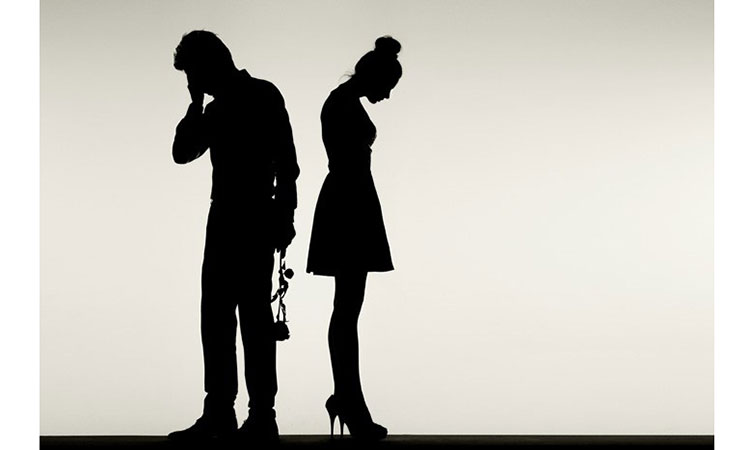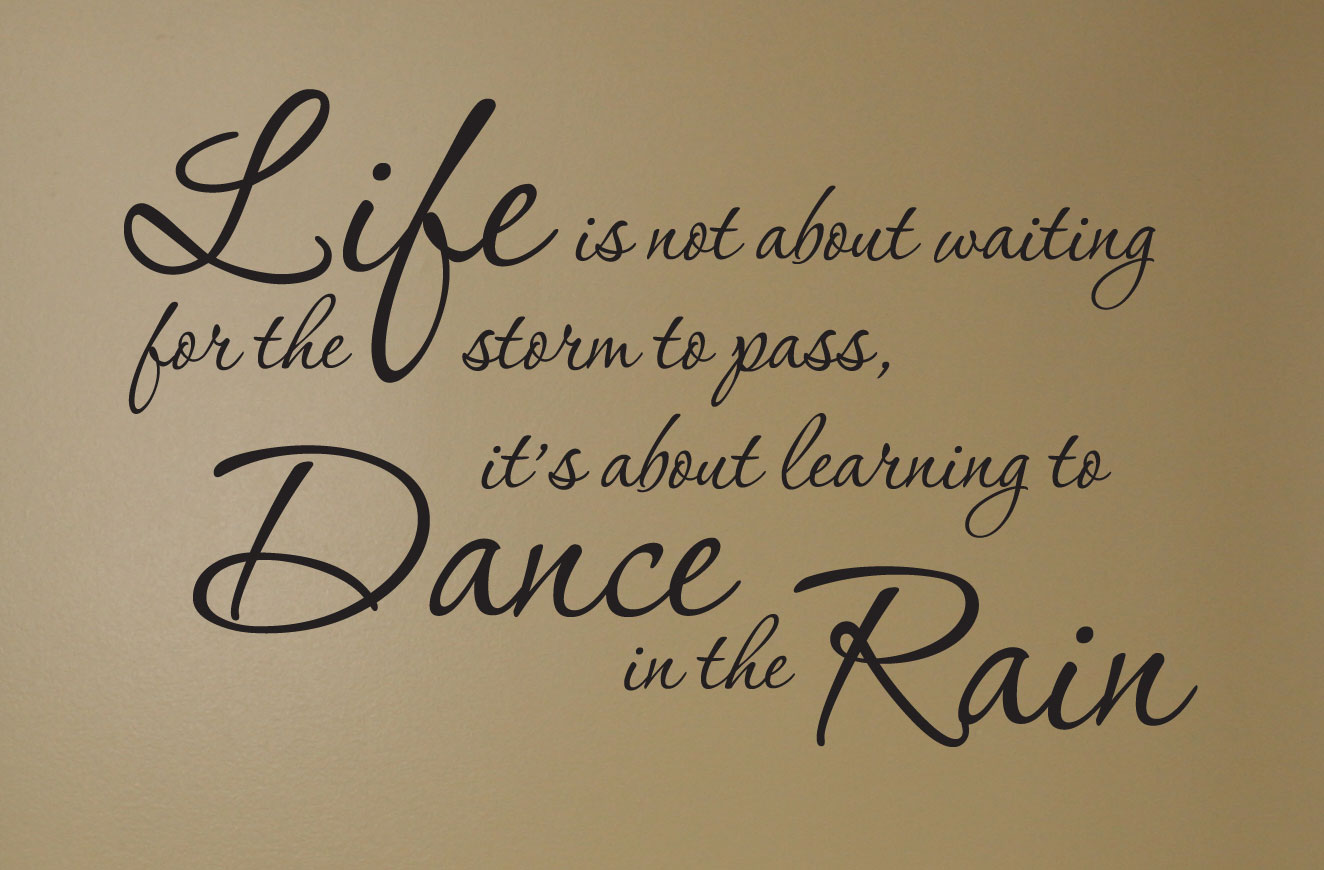
Dealing With Relationship Breakups
The breakup of a relationship can turn your whole world upside down and trigger all sorts of emotions. Why are breakups so painful? Even when a relationship is no longer tenable, a breakup can be extremely painful because it represents the loss, not just of the partnership, but also of the dreams and commitments you shared. After months or maybe years of struggling to maintain the relationship, you finally realise it is all over. You may feel cheated and betrayed. You face a barrage of mixed emotions such as confusion, anger, self blame, sadness, depression, relief, fear, anxiety and shame. Typically, romantic relationships begin on a high note of excitement and hopes for the future and when a relationship fails, there is profound disappointment, stress, and grief. Everything seems disrupted: your routine, responsibilities, home, relationships with extended family and friends, social media preferences and even your identity. A breakup also brings uncertainty about the future. What will life be like without your partner? Will you find someone else? Will you end up alone?
An additional burden may be placed on you when a marriage dissolves. These could involve dealing with legal, financial, children, in-laws, property, sorting out custody and property division, work and residence related matters.
It's important to keep reminding yourself that you can and will get through this difficult experience and enjoy fulfilling relationships in the future once you resolve the present issues.
Tips for dealing with a breakup:
-
Accept your feelings – the anger, resentment, sadness, fear, and confusion. Acknowledge that these feelings, though intense now, will lessen with time and healing will happen, given a chance.
-
Support from others is critical to healing after a breakup or divorce. Reach out to people you trust and care for. You might feel like being alone, but isolating yourself will only make this time more difficult. Spend time with people who support, value, and energize you. Surround yourself with people who are positive and who truly understand you. It's important that you are free to re-align your life without worrying about being judged, criticized, or told what to do.

-
Take care of yourself after a breakup. Get plenty of rest, minimize other sources of stress in your life, and reduce your workload if possible. Learning to take care of yourself can be one of the most valuable lessons you learn following a breakup. As you feel the emotions of your loss and begin learning from your experience, you can resolve to make positive choices going forward.
-
Stick to a routine. A divorce or relationship breakup can disrupt almost every area of your life, amplifying feelings of stress, uncertainty, and chaos. Getting back to a regular routine can provide a comforting sense of structure and normalcy.
-
Do not dwell on the negative feelings or over-analyze the situation. Getting stuck in hurtful feelings like blame, anger, and resentment will rob you of valuable energy and prevent you from healing and moving forward.
-
Let your ex remain an ex. Remove all traces of past relationships with your ex, including call and chat records, pictures, gifts and your presence on former social media sites. Wipe the slate clean, so to speak. [If necessary, especially in abusive relationships, make a digital or manual record and securely put it away, never to be re-visited except for dire reasons of your own safety and protection at some later date.]
-
Remind yourself that you still have a future – be encouraged by the fact that new hopes and dreams will eventually replace your old ones. Many find solace in religion, spirituality, community social service, family ties and old friends. Do what comes naturally to you to heal yourself.
-
Try not to make any major decisions in the first few months after a separation, such as immediately starting a new relationship, job or moving to a new city. If you can, wait until you're feeling less emotional so that you can make decisions with a clearer head.
-
Know the difference between a normal reaction to a breakup and depression – Grief can be paralyzing after a breakup, but after a while, the sadness begins to lift. Day by day, and little by little, you start moving on. However, if you don't feel any forward momentum, you may be suffering from depression.
-
Avoid using alcohol, nicotine and drugs; also excessive use of internet, shopping, entertainment or food to cope.
-
Don't be afraid to get professional help if you need it.
Some questions to ask yourself:
-
Step back and look at the big picture. How did you contribute to the problems of the relationship?
-
Do you tend to repeat the same mistakes or choose the wrong person in relationship after relationship?
-
Think about how you react to stress and deal with conflict and insecurities. Could you act in a more constructive way?
-
Consider whether or not you accept other people the way they are, not the way they “could” or “should” be.
-
Examine your negative feelings as a starting point for change. Are you in control of your feelings, or are they in control of you?
You'll need to be honest with yourself during this part of the healing process. Try not to dwell on who is to blame or beat yourself up over your mistakes. As you look back on the relationship, you have an opportunity to learn more about yourself, how you relate to others, and the problems you need to work on. If you are able to objectively examine your own choices and behavior, including the reasons why you chose to be in the relationship, you'll be able to see where you went wrong and make better choices next time. These are opportunities to grow and learn, a time for sowing the seeds for a new growth. You can emerge from this experience knowing yourself better and feeling stronger and wiser.
A breakup is an end as well as a new beginning.